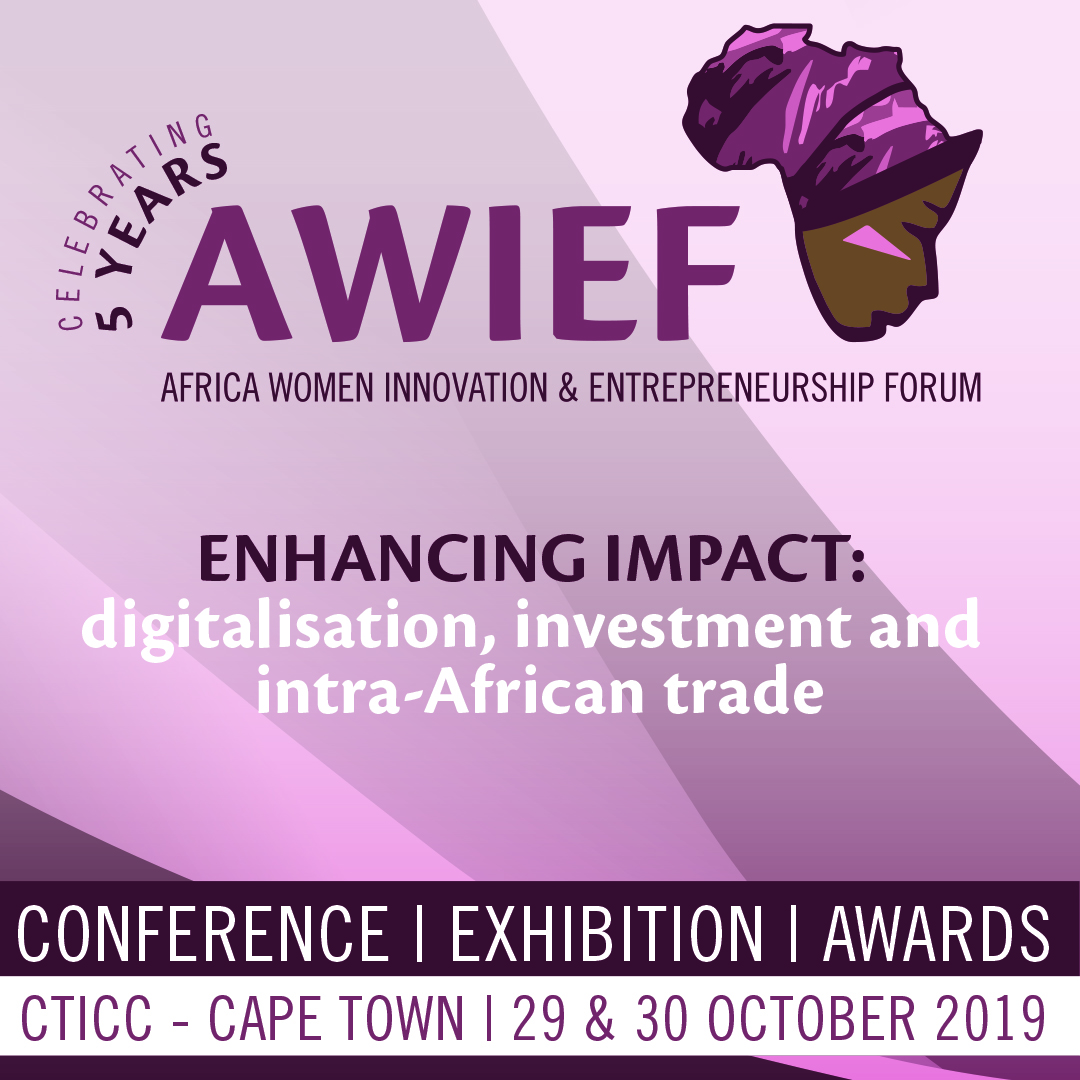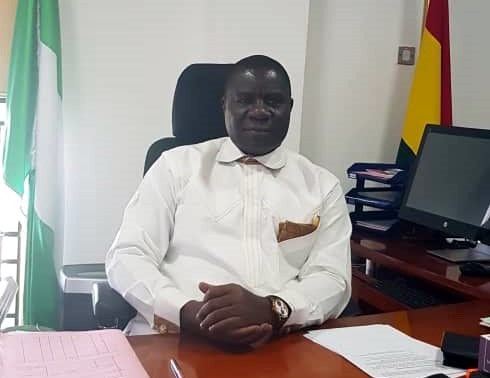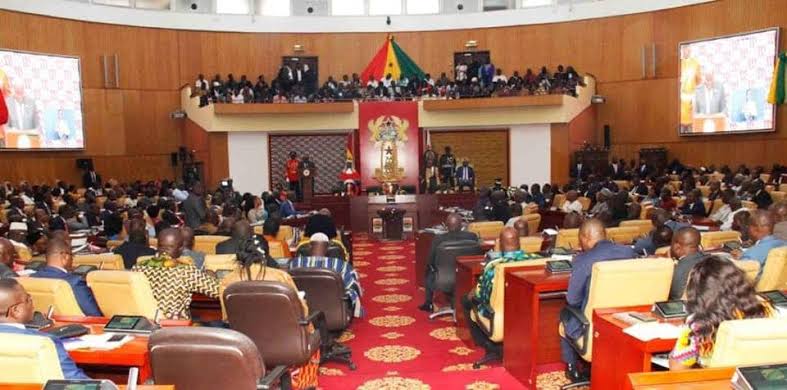Nila Yasmin of Uganda Wins the 2019 APO Group African Women in Media Award
Ugandan journalist Nila Yasmin has won the inaugural APO Group African Women in Media Award announced last night at the 5th Africa Women Innovation and Entrepreneurship Forum (AWIEF) hosted at the Cape Town International Convention Centre (CTICC) on 29-30 October 2019. AWIEF is a prestigious annual event that sees global thought leaders, industry experts, policymakers, academics, development organisations and investors gather to dialogue, connect, network, share, collaborate and transact in a combined effort to boost Africa’s entrepreneurship ecosystem for women.

Ugandan journalist, Nila Yasmin
The Award according to the organizers, recognises, celebrates and empowers African women journalists who support female entrepreneurship in Africa was instituted to help bring attention to efforts being made by African women to create wealth and sustain their families and communities. The jury voted Nila Yasmin as the winner for her article “Aweko Faith Is Turning Uganda’s Waste Into Wealth”.
Read also: The Role the Media Plays in Supporting Female Entrepreneurship in Africa
The trophy was handed over to Nila during the AWIEF awards ceremony and Gala Dinner by the Founder and Chairman of APO Group, Nicolas Pompigne-Mognard. She will also be bestowed with a USD 2,500 cash prize, an all-expenses paid trip to a prestigious International Women’s Forum, and online courses from one of the most respected international universities.
Nila Yasmin is a journalist who uses media and art to empower women. She worked as a news anchor for 7 years, anchoring English news on some of the most reputable radio stations in Uganda like Record Radio and HOT100. She retired from radio in December 2018, to start her own media company GLIM, a lifestyle women empowerment brand that celebrates and empowers women. She is also working with Media 256, a media production company in Uganda contracted by CNN to produce CNN African Voices and CNN Inside Africa.
Speaking on the development, Lionel Reina, CEO of APO Group said, “We would like to congratulate Nila Yasmin on winning the 2019 APO Group African Women in Media Award. The APO Group African Women in Media Award is part of our commitment to supporting the development of journalism on the continent. We were delighted to present this award at AWIEF in Cape Town as we celebrated women in journalism and entrepreneurship.”
Read also: Econet Closes Down, Up For Sale in 13 Countries. Lessons For Media Startups
Earlier this year, Ugandan journalist Isaac Khisa won the APO Group invitation to attend the 2019 Africa Hotel Investment Forum (AHIF). Cameroonian journalist Monica Nkodo won APO Group invitation to attend the 2019 EurAfrican Forum, one the most prestigious EU-Africa events. Nigerian journalist Oluseyi Awojulugbe also won the APO Group invitation to attend the African Development Bank’s 2019 Annual Meetings.
The three previous recipients of the AfricaCom invitation were science journalist Aimable Twahirwa from Rwanda, journalist John Churu from Botswana and journalist Lilian Murugi Mutegi from Kenya. In September 2016, reporter Aggrey Mutambo from Kenya won APO Group’s invitation to attend the Africa Hotel Investment Forum (AHIF), the leading hotel investment conference in Africa. In October 2018, Online News Editor Frank Eleanya from Nigeria won APO’s invitation to attend the Web Summit, the Largest Tech Conference in the World.
APO Group also sponsors the APO Energy Media Award and the APO Media Award where a journalist wins $500 a month for one year, one laptop and one intercontinental flight ticket to a destination of his or her choice as well as one year of access to over 600 airport VIP lounges.
The members of the jury were for last night’s event are Mrs Aïda Diarra, Senior Vice President for Sub-Saharan Africa at Visa, Mrs Rukmini Glanard, Executive Vice President Global Sales and Marketing at Alcatel-Lucent Enterprise, Mrs Bola Adesola, Senior Vice-Chairman at Standard Chartered Bank Group, Mr Lee Martin, Senior Vice President, Global Strategic Development at Getty Images and Mr Nicolas Pompigne-Mognard, Founder and Chairman of APO Group.
Kelechi Deca

Kelechi Deca has over two decades of media experience, he has traveled to over 77 countries reporting on multilateral development institutions, international business, trade, travels, culture, and diplomacy. He is also a petrol head with in-depth knowledge of automobiles and the auto industry.



















